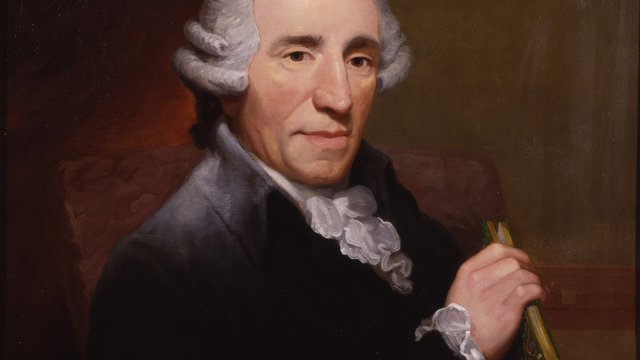Franz Joseph Haydn (1732-1809) was an Austrian composer and a central figure of the classical era in music. He is considered to be the “father of the symphony” and the “father of the string quartet.” He was a prolific composer and his music continues to be widely performed and recorded.
Haydn’s most famous works include:
- The Creation – A grand oratorio that tells the story of the creation of the world.
- The Seasons – A choral work that depicts different scenes from the four seasons of the year.
- The London Symphonies – A set of twelve symphonies composed during Haydn’s two trips to London in the late 18th century.
- The String Quartets – Over 80 string quartets, considered to be some of the greatest works in the genre.
- The Piano Sonatas – Over 50 piano sonatas, showcasing Haydn’s technical prowess and lyrical gifts.
Haydn’s music was highly influential in his time and continues to be popular today. His works are characterized by their clarity, balance, and symmetry. He is known for his innovative use of form, harmony, and melody, and his ability to convey a wide range of emotions in his music.
Haydn’s influence on classical music was profound, and he is considered a key figure in the development of Western classical music. He was an important teacher, and his pupils included Ludwig van Beethoven.
In conclusion, Franz Joseph Haydn’s contribution to classical music is immense. His works, which include symphonies, string quartets, piano sonatas, and choral works, remain popular and widely performed today. Haydn’s innovative use of form, harmony, and melody, and his ability to convey a wide range of emotions, make his music timeless and appreciated by audiences of all ages.
Views: 67






